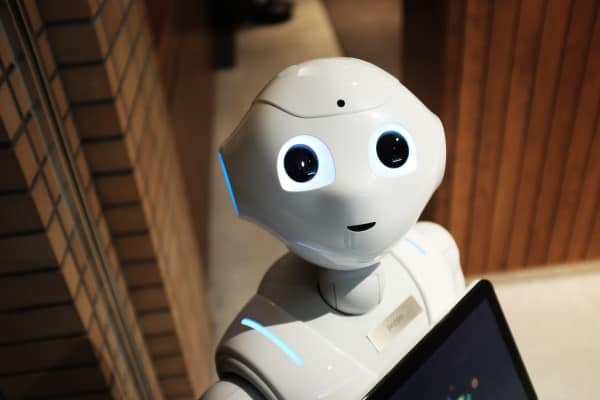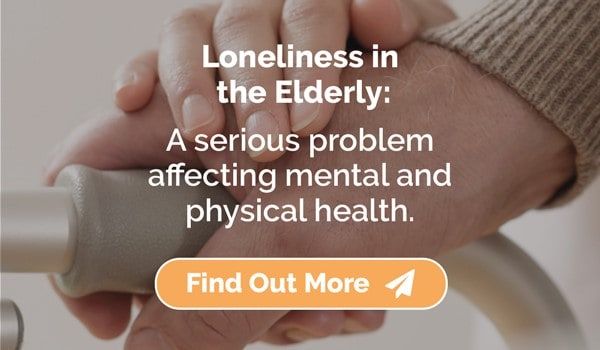Robots are already well-embedded in certain sections of our society. We all know they help make cars, pick items in large retail warehouses and are used in dangerous frontline combat situations. Even in some delicate medical procedures surgeons are being assisted by robots, such as in retinal surgery to remove membranes from the back of the eye. Using a robot, surgeons have been able to perform such procedures just as successfully or even better than in the traditional manual approach at the John Radcliffe Hospital in Oxford.
Elsewhere around the globe, robots are used to oversee children in educational settings and also work in commercial kitchens flipping burgers and working long hours performing other repetitive tasks. Sounds like sci-fi? No, it’s already happening at food outlets in California. It may seem unlikely but fully automated burger restaurants managed with minimal human oversight – where customers order at screens, pay electronically and eat food cooked and delivered by robots – are now a possibility with technology that already exists (though making it cost-effective is another matter).
If such advances have already happened in robotic technology could robots also be employed in the care sector in the future?
Increasing demand for social care
We all know that the demand for social care support is rising, and on an upward trend, and some technology firms such as Samsung think they could have the answer with robot carers. These digitally generated ‘artificial humans’ are programmed to adapt to their companions and are able to show both concern and positive feelings.
Samsung claim that their ‘artificial humans’ could take on the role of a carer; supporting people with personal tasks but also providing companionship to alleviate loneliness. The technology is still in it’s infancy and yet to be proven in real-world situations but is the answer to a shortage of social care workers really to employ robots instead?
The necessity for the human touch
Artificial humans could possibly help in certain situations where repetitive tasks are required or, for example, overseeing a sleeping patient or monitoring for falls. But when it comes to individual care where every person has their own specific needs, which vary from day-to-day, it is unlikely in the near future that robot carers would be able to offer the same care that a real person would. They would be unable to pick up on changes in mood or behaviour, or respond appropriately to a situation that was unusual or not already expected.
One of the stated aims for “carer” robots is to reduce loneliness and isolation but the social isolation problem is not resolved by having a machine in attendance – it could rather make the lack of human contact feel even more acute. An important factor when depression in the elderly is a growing problem.
Robotic technology may have a future role in social care but there are also serious moral questions to be considered and robots will never replace the smile on a friendly face or the warm touch of a flesh and blood human being.


